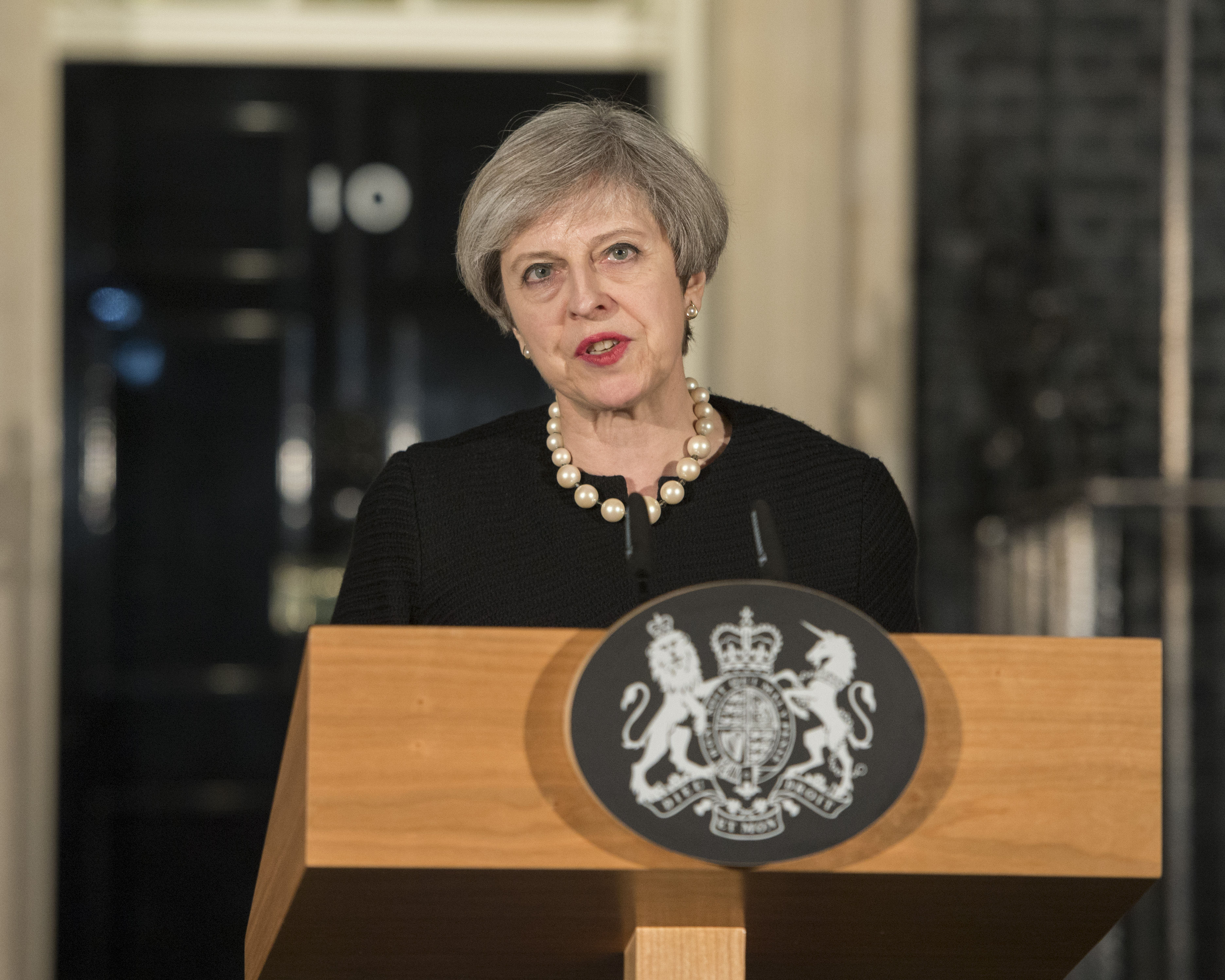In the wake of attacks in London Bridge and Manchester, the Prime Minister has said she’ll get rid of human rights laws which stop her from tackling terrorism.
Speaking to reporters ahead of the General Election, she said: “If our human rights laws stop us from doing it, we’ll change the laws so we can do it.”
She continued: “I mean longer prison sentences for those convicted of terrorist offences. I mean making it easier to deport foreign terrorist suspects back to their own countries. And I mean doing more to restrict the freedom and movement of terrorist suspects when we have enough evidence to know they are a threat.”
So, what could this actually mean?
Footage: BBC News
Currently, the UK is a party to the Human Rights Convention, which provides fundamental protections for us all, for example the right to a private and home life, the right to liberty, and of course the right to life itself. The Convention was made a part of our law by the Human Rights Act 1998.
Previously, the Conservative Party had suggested they wanted to pull Britain out of the Convention and write their own Bill of Rights. However, their 2017 manifesto put this idea on the back burner until Brexit negotiations have finished.
Conservative sources have claimed they wouldn’t, in fact, withdraw from the Convention altogether, but would instead seek temporary opt-outs called “derogations” from certain parts of it.
The Prime Minister hasn’t yet clarified that this is correct, nor specified which areas she would want to derogate from. In an interview with The Sun she said she would sit down with police and security chiefs to ask what powers they needed.
She added that she would be willing to investigate bringing the time limit for questioning terror suspects back up to 28 days. Currently the limit is 14 days.
In her speech, May talked about tougher sentences for those found guilty of terror offences, making it easier to deport suspects who come from other countries, and stronger interventions to stop extremism in British communities.
The political reaction
The announcement has received a mixed reception. Boris Johnson, the Secretary of State for Foreign and Commonwealth Affairs expressed his backing via Twitter, re-tweeting the PM’s announcements.
In an article for The Telegraph, Former Cabinet member Michael Gove praised Mrs May for her “resolution in the face of the threat”.
UKIP leader Paul Nuttall also welcomed the move, but questioned why the party had gone back on their plans to withdraw from the Human Rights Court, calling it a “knee-jerk” reaction. The UKIP manifesto promises to withdraw from both the convention and court.
Mmmm…but the Tories have gone back on their commitment to withdraw from the European Court of Human Rights. Knee-jerk me thinks. https://t.co/GeTaeR0n11
— Paul Nuttall (@paulnuttallukip) June 7, 2017
Other parties, however, have slammed the move as a diversionary tactic and a retrograde step. Lib Dem leader Tim Farron said throwing away rights and freedoms “would be the moment we start to let the terrorists win”. The real answer, he said, was to invest more in the police and security services.
.@timfarron tells ITV News that changing human rights law would be letting ‘terrorists win’ https://t.co/xTqvtMN7Bn #GE2017 pic.twitter.com/JOAHuBWPn5
— ITV News (@itvnews) June 7, 2017
Labour echoed this sentiment, with Keir Starmer calling the plans a “diversion”. He said there was nothing in the Human Rights Act “that gets in the way of effectively tackling terrorism“.
With just hours to go before the polls open for the General Election, the exact shape our human rights laws will take in the future remains unclear.
Want to know more about human rights and the General Election?
- Take a look at our photo series to encourage you to go out and vote
- See our breakdowns of the party manifestos and what they mean for human rights
- You can read more about our right to free and fair elections in this beautiful infographic







